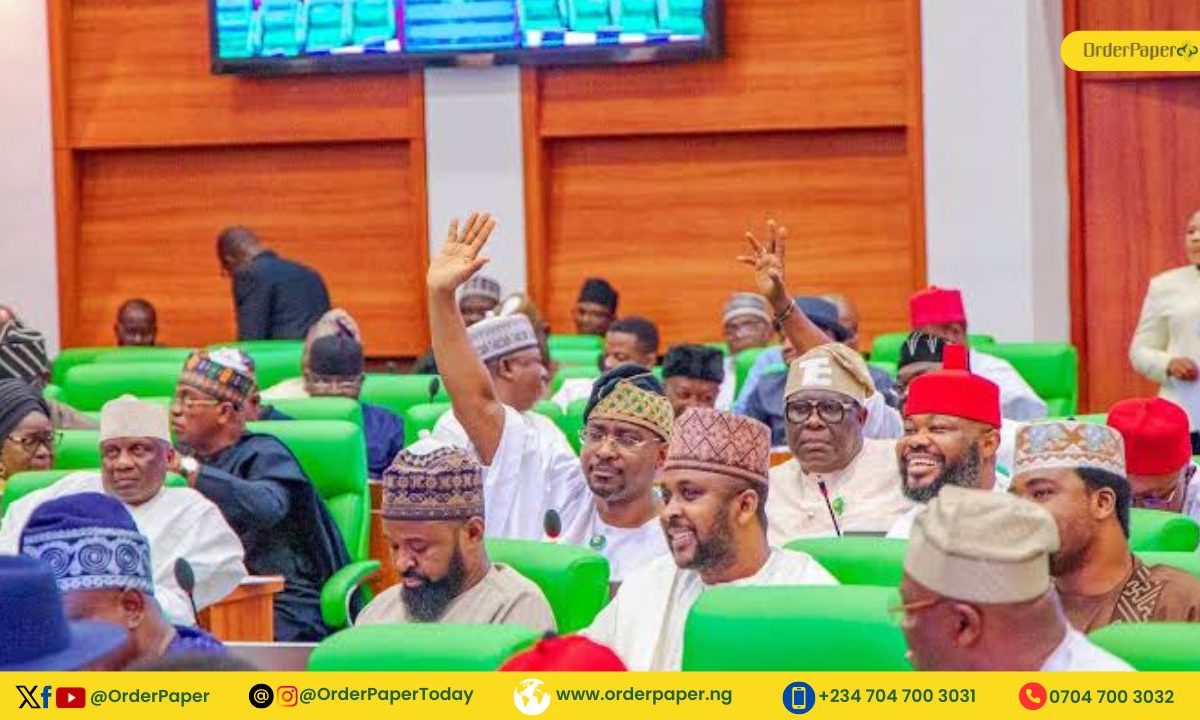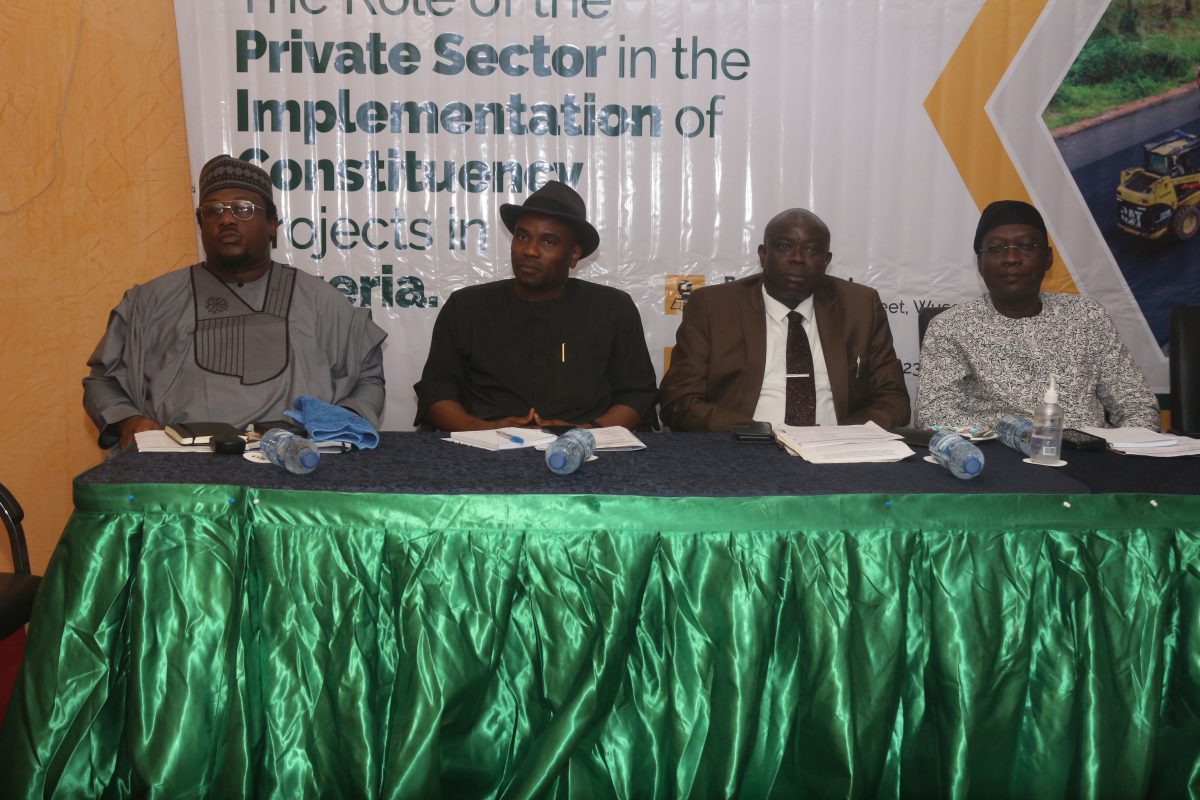For the plenary week of March 5th to 7th, 2024, the National Assembly spotlighted key GESI components such as secondary school education on Sexual and Gender-Based Violence (SGBV), breast and cervical cancer preventive measures, and inmate integration through the decongestion of prisons.
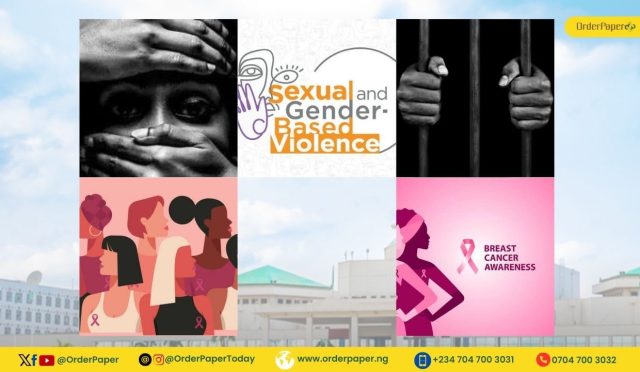
Integrating SGBV into school curriculum…
In the hallways of secondary schools across Nigeria, young minds are shaped, dreams are born, and the foundation for a just and inclusive society is laid. Amidst the pursuit of academic excellence, there exists a pressing need to address an issue that often goes unspoken—Sexual and Gender-Based Violence (SGBV). Integrating Gender Equality and Social Inclusion (GESI) into the curriculum is not just an educational enhancement; it’s a moral imperative and a vital step towards fostering a safer, more equitable future.
READ ALSO: Speaker Abbas tasks constitution review Committee to prioritise gender bills
Cancer awareness for schools…
Similarly, cervical and breast cancers are among the leading causes of mortality for women in Nigeria, yet awareness and access to preventive measures remain alarmingly low, particularly among adolescents. The lack of education perpetuates myths, stigma, and barriers to early detection and treatment, exacerbating the burden of disease. A GESI approach to cancer education is essential to address the unique needs and vulnerabilities of women and girls. It goes beyond biological differences to encompass societal norms, cultural beliefs, and access to healthcare, ensuring that education and prevention strategies are inclusive and equitable.
Inclusion in the prisons…
In another breath, in pursuing justice and equality, the correctional services system plays a pivotal role in rehabilitating offenders and fostering a society that upholds human rights. If Nigeria is to move towards a more just and inclusive future, it must recognise the transformative power of reimagining correctional facilities as spaces that embody GESI principles. The goal is not merely to decongest but to create a system that nurtures rehabilitation, dismantles biases, and fosters an environment where every individual has an opportunity for redemption and a fair chance at rebuilding their lives. Nigeria can reshape the justice narrative by championing decongestion within a GESI framework. This narrative reflects the values of equality, inclusion, and the belief in the transformative power of compassion over condemnation.
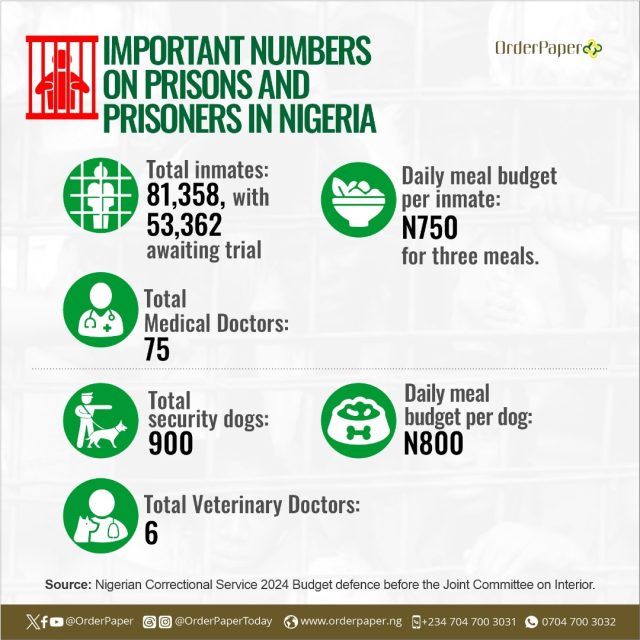
GESI FOCUS OF THE WEEK:
With these, we highlight the GESI-related motions and bills that passed the National Assembly during the week under review
Bills
Mandatory Inclusion of Preventive Measures and Teachings on Sexual Gender Based Violence (SGBV) into the Curriculum of all Levels of Secondary Schools in Nigeria Bill,2023 HB. 502, Hon. Julius Omozuanvbo Ihonvbere – Owan East/West, Edo State
The Bill seeks the compulsory inclusion of SGBV in school curriculums to expose secondary students to the dangers involved, curb the rising occurrence of SGBV, and dress child protection rights and related issues such as sexual violence, rape and harassment. It was passed for a third reading on Thursday, 7th March 2024. GESI Tracker will keep track of this Bill as it progresses to possible assent by the President.
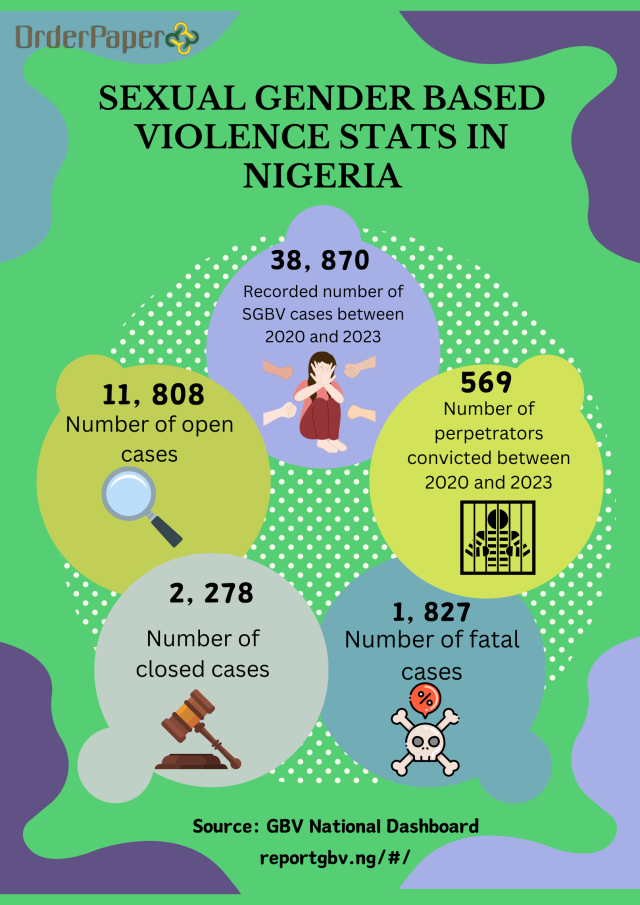
CLICK: Did your lawmaker sponsor the STAR bill of the week?
Preventive Measure and Teaching of Breast and Cervical Cancers into the Curriculum as a Compulsory Subject (Civic Education) for Senior Secondary Schools in Nigeria bill 2023 (HB. 501), Hon. Julius Omozuanvbo Ihonvbere – Owan East/West, Edo State
The Bill seeks the entire country to incorporate the new teachings into the compulsory Civic Education subject at the senior high school level to promote awareness and prevention of cervical and breast cancers. Cervical and breast cancers occur disproportionately in lower to middle-income countries where economies have limited resources. It has also been passed for third reading.
Motion
Call to Decongest Nigerian Correctional Services – Hon. Chinedu Ogah, Ikwo/Ezza South, Ebonyi State
The motion noted that the Nigerian prisons outlined were mandated to reform, rehabilitate, and ensure effective reintegration of offenders into society in line with universally accepted standards. Despite this, over 70,000 inmates in the country face inadequate facilities despite government efforts, and some have not been charged with criminal cases. At the same time, some cannot pay the fines imposed by the courts despite having their cases determined. The data system also revealed that federal offenders comprise less than 10% of correctional system inmates, leaving over 90% to state offences.
Following the House’s adoption of the motion, it was resolved that it should be referred to the Committee on Interior. The House urged the federal and state governments to provide comprehensive reforms of the country’s correctional system, including modernising custodial centres, building new facilities, and redesigning the bail system.

